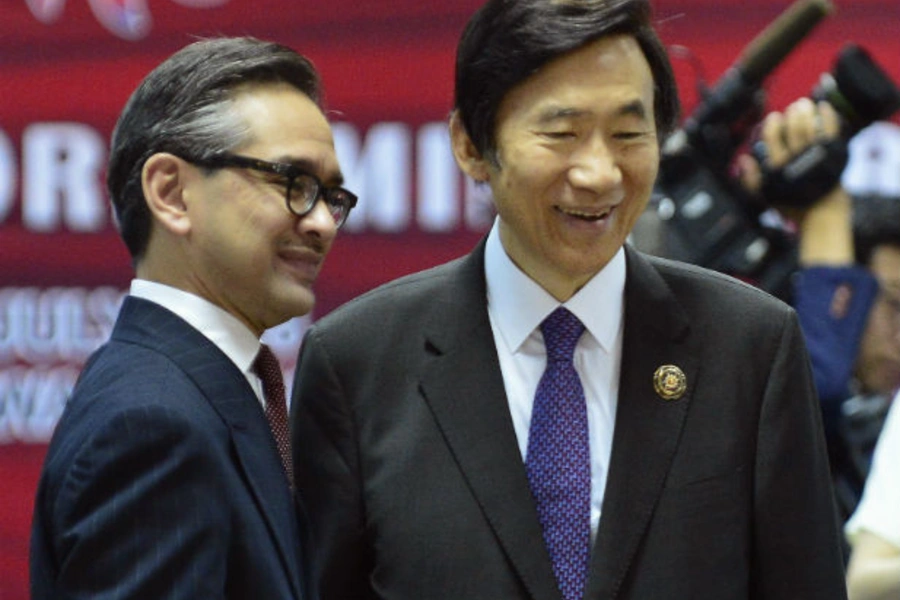More on:
Amidst the flurry of diplomatic consultations that focused on Syria and Iran among other issues at the UN General Assembly, five countries that consider themselves as newly emerging middle powers and G-20 members have banded together in a little-noticed move to form a new consultative group and to create a new acronym: MIKTA (Mexico, Indonesia, Korea, Turkey, and Australia).
In the wake of the weightier but more complicated BRICS grouping, it is too early to predict whether this caucus of middle powers will survive or have influence over the long term, but the establishment of the grouping itself is fascinating both because it is cross-regional and because it espouses potential for increased cooperation. Given the many challenges to global governance, the impulse of these countries to pool their efforts to work together on international issues should be welcomed.
A Turkish foreign ministry statement describes the countries as having “similar characteristics with regard to their peaceful and constructive approaches to international issues, their democratic political structures, and their rapidly growing economies.” The South Korean foreign ministry described the meeting as “one between middle power nations that share core values of democracy and free market economy and have the willingness and capability to contribute to the international community’s development.”
The five countries have agreed that Mexico will serve as the first secretary for the new informal consultative body, which ostensibly shares common interests on issues such as G-20 governance, UN reforms, climate change, nuclear disarmament, and democratization. An interesting test and opportunity for the new grouping may be whether cooperation among these countries might contribute to driving more focused issue-based cooperation within the G-20.
For South Korea, the grouping has the potential to play an important role in widening the country’s diplomatic aperture beyond an alliance with the United States and a focus on relations with the four surrounding major powers (Russia, China, Japan, and the United States). South Korean academics have actively discussed South Korea’s emergence as a middle power and its potential contributions to international governance. The best piece on the subject thus far by Sook-jong Lee of the East Asian Institute argues that the diffusion of power in international relations and the rising importance of networks provides new opportunities for South Korea to exercise multilateral middle power diplomacy, despite constraints arising from Sino-U.S. competition and from North Korea.
As South Korea’s interests and influence have grown in recent years, it has shown a capacity to play an important role in a wide range of governance issues from financial stability to development cooperation and green growth to nuclear safety and international security. South Korea’s emerging efforts to contribute to international leadership are well documented in a forthcoming volume by G. John Ikenberry and Jongryn Mo. South Korean alignment with other middle power democracies such as Indonesia, Australia, Turkey and Mexico is an important development in South Korean diplomacy that should enhance its efforts as a middle power to contribute to global governance.
More on:
 Online Store
Online Store
